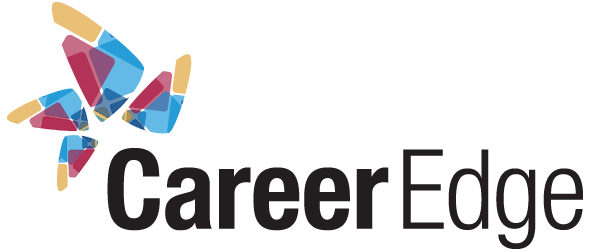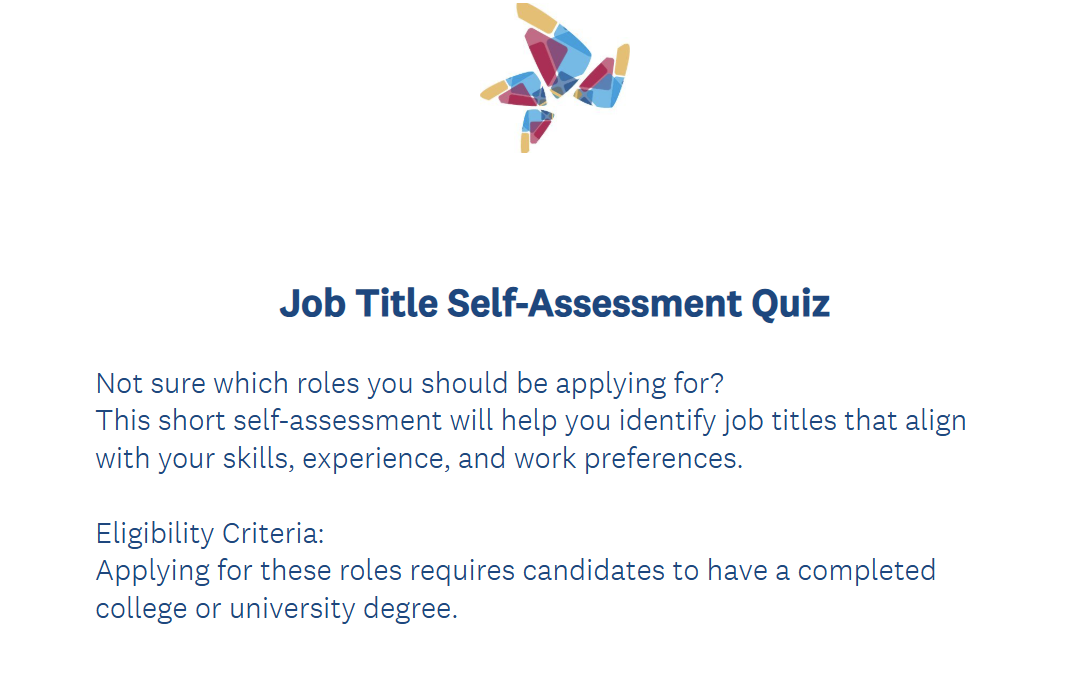The Canadian labour market closed 2025 with encouraging momentum. According to Statistics Canada’s November Labour Force Survey, employment rose by 54,000 jobs, marking the third consecutive monthly increase, while unemployment fell to 6.5 per cent. Yet beneath these numbers lies complexity. Canadian employers face an evolving landscape where skills gaps threaten growth, regulatory changes demand immediate attention, and traditional recruitment playbooks are being rewritten.
For organizations planning 2026 strategies, understanding what happened in 2025 isn’t just helpful, it’s essential. Research shows 58 per cent of Canadian companies plan to add new permanent positions, while another 36 per cent plan to fill vacated positions. This creates opportunities but intensifies competition for skilled professionals in a market where talent remains scarce.
The Greater Toronto Area exemplifies these tensions. Toronto’s 2025 Employment Survey recorded 1,623,720 jobs, a new record high with 1.5 per cent growth. Yet the region’s unemployment rate fluctuated significantly, revealing uneven recovery across sectors and demographics.
The Skills Shortage Reality
Recent reports show 69 per cent of employers globally struggle to find workers with the necessary skills, marking a 15-year high. In Canada, specific sectors face acute challenges that directly impact business growth and operational capacity.
The technology sector continues facing persistent talent shortages. Statistics Canada reported a 3.3 per cent unemployment rate for Canada’s tech industry as of May 2025. Organizations struggle with skills gaps in artificial intelligence, machine learning, data science, cybersecurity, and enterprise resource planning development.
Contract Talent: The Strategic Response
Faced with persistent labour shortages, Canadian employers increasingly turn to contract professionals as strategic solutions. More than half, 54 per cent, of technology managers plan to expand their use of contract talent. The benefits extend beyond filling immediate gaps.
Contract workers offer specialized expertise on a per-project basis, allowing organizations to scale their workforces quickly as needed. This approach mitigates the costs of hiring permanent employees in rapidly evolving technological landscapes. For organizations implementing major system upgrades or addressing cybersecurity vulnerabilities, contract professionals bring immediate capability without long-term overhead.
Many skilled professionals, particularly in technology and creative fields, deliberately choose project-based work for variety, autonomy, and often superior compensation. Organizations building strong relationships with contract talent pools gain a competitive advantage, accessing specialized skills without months-long recruitment processes.
Regional Variations Matter
Canada’s labour market isn’t monolithic. Provincial economic drivers, industry concentrations, and demographic patterns create distinct hiring environments demanding localized strategies.
Western Canada showed particular strength in 2025. Alberta recorded 29,000 new positions in November, while Manitoba added 4,500 jobs. These provinces benefit from resource sector activity and diversified economies.
Ontario experienced mixed results. Employment increased by 55,000 positions in October, the first increase since June. However, unemployment fluctuated throughout 2025, partly reflecting trade uncertainty and its disproportionate impact on manufacturing regions.
The Greater Toronto Area specifically experienced notable volatility. Toronto’s unemployment rate reached 8.9 per cent as of September, near the highest level since 2012 outside of the pandemic.
For employers, these regional variations have practical implications. Organizations with multi-location operations need differentiated recruitment strategies. Compensation packages must reflect local cost of living realities. Remote work policies can help employers access talent across regions, but employers must understand the differences in provincial employment law.
Wage Growth and Compensation Pressures
Real wages in Canada increased 1.9 per cent year-over-year in the first quarter of 2025. Toronto workers earn roughly 6 to 7 per cent above the Canadian average, reflecting high concentrations of skilled, high-productivity jobs in finance, technology, and professional services. Employers competing in these markets face significant salary pressure, particularly for specialized roles.
For employers planning 2026 budgets, compensation strategy requires careful calibration. Offering below-market rates in competitive fields extends vacancies and drives up recruitment costs. Yet unsustainable wage inflation creates long-term financial pressure. Leading organizations take sophisticated approaches, including total rewards packages emphasizing benefits, flexibility, and development opportunities alongside base salary.
The Pay Transparency Revolution
Starting January 1, 2026, publicly advertised job postings in Ontario must include compensation information. This represents one of the most significant changes to recruitment practices in decades.
Employers with 25 or more employees must include compensation information in publicly posted advertisements, disclosing either expected compensation or a range. For roles with annual compensation up to $200,000, disclosed ranges must not exceed $50,000. Additional provisions require employers to avoid mandating Canadian work experience requirements, inform interviewees of decisions within 45 days, and disclose if artificial intelligence screens applicants.
These changes extend beyond compliance. Organizations with well-developed compensation philosophies and equitable pay practices can use transparency as a competitive advantage, attracting candidates who value fairness. Employers waiting until the last minute risk rushed implementation and reputational damage.
Foundational work is essential before January 2026. Compensation structures need review to ensure internal equity before external disclosure. Job architecture frameworks should provide systematic methods for assessing the relative value of positions. Managers require training to handle inevitable questions when salary ranges become public.
Artificial Intelligence: Transformation Without Replacement
Three-quarters of large Canadian companies and 61 per cent of mid-sized companies view AI as essential for competitiveness, yet only 13 per cent and 5 per cent respectively prioritize hiring for AI skills. This gap reveals a critical insight: most organizations see AI as a tool to enhance existing capabilities rather than complete workforce transformation.
Eighty per cent of Canadian businesses agreed that keeping a human in the loop is essential when using AI, while 64 per cent agreed that cultivating trust is important. This human-centric perspective distinguishes Canadian implementation from more aggressive approaches in other markets.
Practical applications focus on specific operational improvements. Organizations use AI to streamline workflows, support decision-making, and handle high-volume, low-complexity tasks. In recruitment, AI assists with initial resume screening, scheduling, and candidate communication. Rather than replacing workers, AI reshapes what skills matter most. Analytical thinking, creativity, complex problem-solving, and interpersonal skills become more valuable as AI handles routine tasks.
For 2026 planning, this suggests a dual focus: implementing AI tools strategically while upskilling existing employees. Organizations taking this balanced approach position themselves to benefit from efficiency gains without the workforce disruption that aggressive automation creates.
Internal Mobility and Skills Development
Leading organizations increasingly look inward first rather than defaulting to external recruitment for every vacancy. Internal mobility supports succession planning and reduces the risk of skill shortages derailing critical projects. External recruitment costs money, takes time, and carries a risk of failure. Internal moves leverage existing organizational knowledge and signal to employees that development opportunities exist.
However, internal mobility requires infrastructure. Organizations need clear career pathways showing employees how they can progress. Learning and development programs must provide the training necessary to prepare employees for advancement. Around 60 per cent of job openings in 2025 require a university degree or college diploma, yet education alone isn’t sufficient. Employers increasingly value demonstrated ability to learn quickly and adapt.
Organizations that actively invest in employee development through training, certifications, and stretch assignments become more attractive to job seekers. In competitive markets, robust development programs can offset slightly lower base compensation while improving retention.
Hybrid Work: The New Baseline
Remote work debates have largely settled toward hybrid as the stable equilibrium. Despite higher response rates for remote work questions in 2025, shares of businesses reporting remote work remained consistent, with 14.3 per cent having remote work. For those with remote work, a quarter reported employees working on-site three days weekly on average, suggesting hybrid scheduling has become standardized.
Hybrid work requires intentional design around when teams gather, what work happens in which location, and how to maintain culture and connection. Many organizations moved from loose flexible guidelines to clear expectations on office attendance, specifying how many days, which roles require presence, and how exceptions work.
For employers planning 2026 strategies, the key is intentionality. What is your organization’s philosophy on work location? How does it connect to your culture, talent strategy, and business model? Clear answers, communicated transparently, help with both recruitment and retention.
Youth Unemployment Concerns
Employment growth in November concentrated among youth aged 15 to 24, with gains of 50,000, marking the first increases since the year’s start. This rebound followed a difficult period. Youth bore the brunt of the challenging Canadian labour market through most of 2025.
For employers, persistent youth unemployment presents both challenges and opportunities. The talent pipeline for future workforce needs depends on young people gaining initial career experience. Organizations continuing to hire and develop young talent during difficult periods build loyalty and access to emerging skills.
Strategic Imperatives for 2026
As Canadian employers finalize 2026 plans, several strategic imperatives emerge. Skills development must become central to talent strategy, not an afterthought. The gap between available talent and required capabilities won’t close through recruitment alone.
Compensation and total rewards strategies require sophistication. With pay transparency legislation taking effect in Ontario and likely spreading to other provinces, employers need robust frameworks for making fair, consistent, and defensible pay decisions.
Technology adoption, particularly AI, requires balanced approaches that enhance human capabilities rather than simply pursuing automation. This includes establishing clear ethics policies and governance frameworks building trust.
Flexible work arrangements are now baseline expectations. Organizations must design hybrid approaches intentionally, being clear about expectations while remaining flexible enough to accommodate diverse employee needs.
Workforce planning must extend beyond immediate needs. With significant retirements approaching in many sectors, organizations need succession plans identifying critical knowledge, developing backup capabilities, and creating transitions preserving institutional memory.
Finally, employer brand and employee experience are increasingly central to recruitment success. In competitive talent markets, capable candidates have choices. Organizations known for development opportunities, inclusive cultures, strong leadership, and employee support have significant advantages.
The Path Forward
Canadian employers enter 2026 facing both significant challenges and genuine opportunities. Labour shortages will persist in key sectors. Regulatory changes require attention. Economic uncertainty creates planning complications. Yet organizations responding strategically can build competitive advantages extending well beyond 2026.
The most successful employers will be those seeing talent as their most critical asset and investing accordingly. This means robust development programs growing capabilities internally. It means compensation strategies balancing fairness, competitiveness, and sustainability. It means leveraging technology to enhance work while maintaining human-centric approaches.
For employers committed to building strong teams and sustainable competitive advantages, the work begins now. Review compensation structures before transparency requirements take effect. Audit development programs to ensure they support internal mobility. Examine technology strategy to ensure AI enhances rather than displaces human capability. Strengthen employer brand to attract scarce talent.
The organizations thriving in 2026 won’t be those simply reacting to changes as they arrive. They’ll be those that anticipated shifts, prepared strategically, and built cultures where talented professionals want to build careers.






